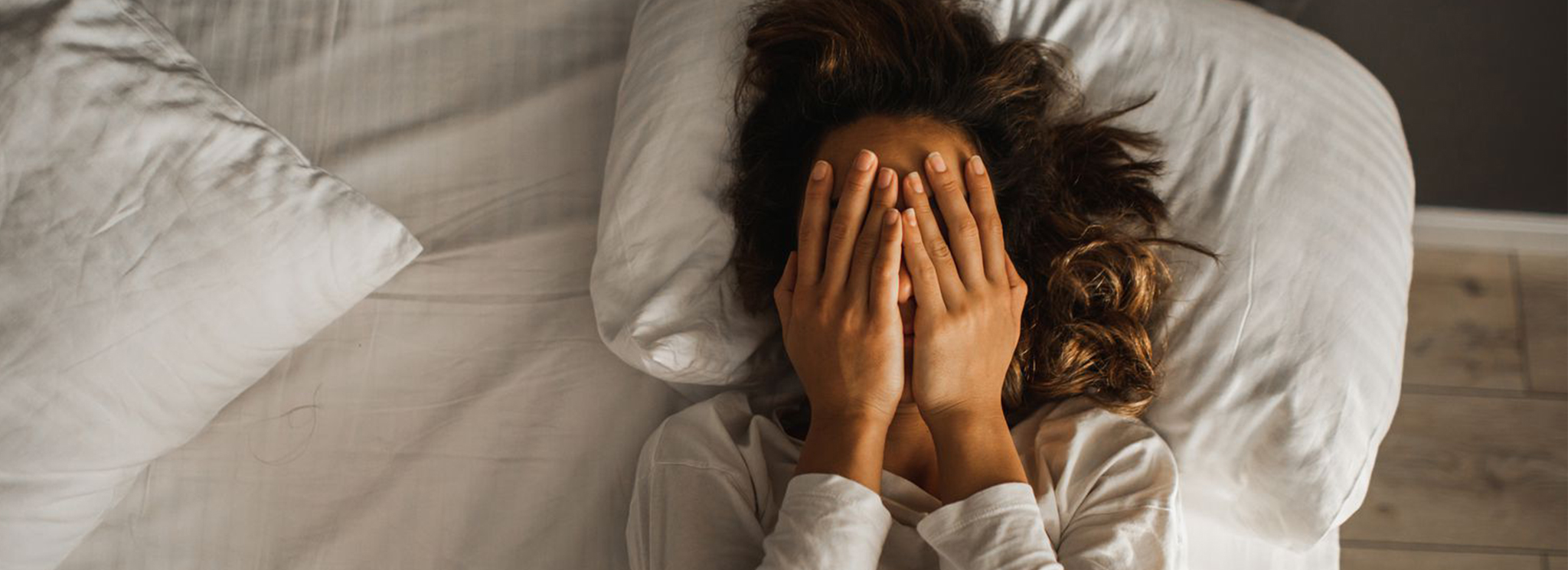
Sleep anxiety refers to the apprehension or fear associated with the act of sleeping or the conditions surrounding sleep. Some may refer to this as a sleep disorder.
It can show up as a worry about falling asleep, the quality of sleep, or the bad effects of not getting enough sleep.
People with sleep anxiety may struggle to relax at bedtime. This can create a cycle of insomnia and more anxiety. Generally, people suffering from this also tend to have generalized anxiety disorder which can result in trouble sleeping.
What Can Cause Sleep Anxiety?
Sleep anxiety can be triggered by a variety of factors, including the following:
- Stress and Worry
- Health Issues
- Caffeine and Stimulants
- Negative Sleep Experiences
- Sleep Environment
- Fear of Nightmares
- Lifestyle Factors
- Mental Health Conditions
Knowing these factors can help manage and reduce sleep anxiety. You can use strategies like relaxation techniques, a bedtime routine, and better sleep hygiene.
What Are Some Tips For Helping with Sleep Anxiety?
Here are some helpful tips:
- Establish a Routine
- Create a Relaxing Bedtime Ritual
- Limit Screen Time
- Optimize Your Sleep Environment
- Mindfulness and Relaxation Techniques
- Limit Caffeine and Alcohol
- Stay Active
- Write It Down
- Discuss It
- Seek Professional Help
- Sleep Apps
- Books and Online Resources
Addressing and Overcoming Sleep Anxiety:
Addressing sleep anxiety often involves a combination of behavioral techniques, relaxation strategies, and, in some cases, therapy or medication.
Good sleep hygiene can help reduce sleep-related anxiety. This includes keeping a regular sleep schedule, having a calming bedtime routine, and managing stress.
If at-home techniques, tips, and lifestyle changes don’t help, it may be a good idea to seek professional help.
You may try the following:
- Support Groups
- Sleep Specialists
- Therapists or Counselors
- Psychiatrists

